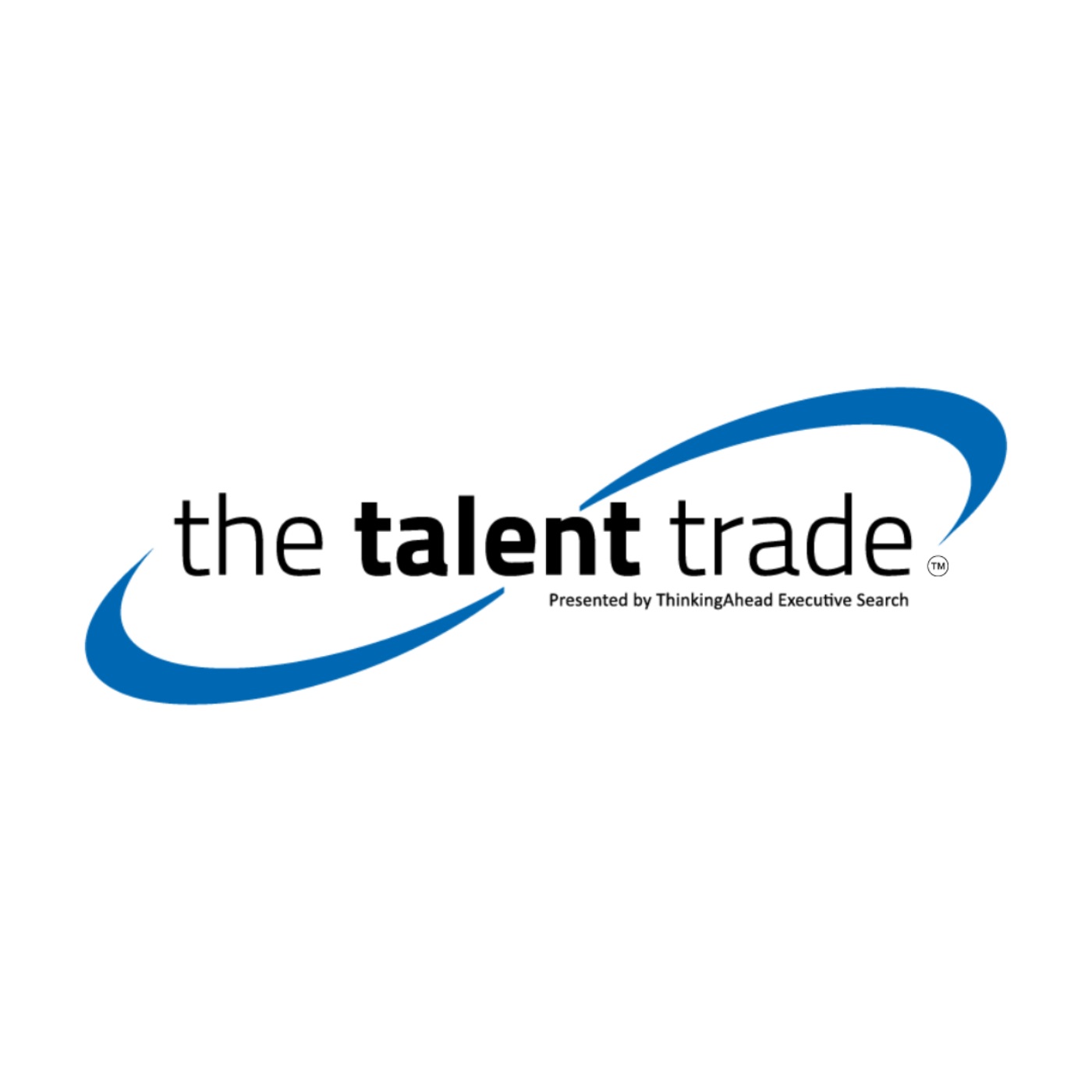bonus
Talent Trade Tidbit - Don't Communicate, Overcommunicate
It doesn't matter whether you're a candidate or a client, if you don't communicate with your recruiter, you're missing out on talent and opportunities. Just listen to a few of the hairy situations that a lack of communication has landed Stephanie in...
Transcript
Hi, this is Stephanie Maas.
Speaker:Today I wanna talk to you about working with a recruiter, and this is good counsel, whether you are a client and the recruiter is representing you, or if you're a candidate and the recruiter is representing you, and it has to do with communication.
Speaker:This is gonna sound really silly, but when you are working with a recruiter, please don't just communicate.
Speaker:Over communicate.
Speaker:And here's a couple examples of what I mean.
Speaker:So I was recently working with a client and candidly, I was actually the second recruiter to work with them.
Speaker:And they said, Hey, we, we tried everything else.
Speaker:We even went with another firm.
Speaker:They weren't able to find what we were looking for.
Speaker:Can you try and help us?
Speaker:I said, absolutely.
Speaker:Give me four weeks.
Speaker:I'll do my best and we'll see what the market is bearing.
Speaker:So in week three, I was able to find a spot on candidate for what they were looking for.
Speaker:I was very excited.
Speaker:I've been giving the client updates all along and I reach out to the client and say, Hey, I'm super excited to tell you about my candidate.
Speaker:Only downside is they are in a competitive situation as all good candidates are today.
Speaker:So timing is important.
Speaker:Please give me a call back as soon as you can.
Speaker:That was day one.
Speaker:I heard nothing.
Speaker:Day two, I heard nothing.
Speaker:3, 4, 5, nothing.
Speaker:Nothing for five days.
Speaker:So.
Speaker:Finally on the sixth day, I said, Hey, I'm not trying to bug you, but I understand by a lack of communication that you're probably not interested.
Speaker:I'd appreciate if you just let me know, but if not, that's fine.
Speaker:I'll just let the candidate know something's not going right.
Speaker:I'm never gonna dog a client out in front of a candidate.
Speaker:Anyway, the client finally did call me back and they said, oh, yeah, well, we got an internal referral and I think we're gonna move forward.
Speaker:I said, great.
Speaker:I mean, sure, I wish my candidate was getting the job.
Speaker:Of course, that's what you hired me to go do, but if you can get someone that's qualified and you're excited about without my fee, I totally get that for you.
Speaker:Where the communication would've been helpful in the meantime is here's my candidate now, feeling negative towards the organization.
Speaker:Not towards me, towards the organization because they weren't being communicative.
Speaker:Here's on the flip side, in terms of when you work with a recruiter as a candidate, I had a candidate a couple months ago say to me, Hey, I don't know if you need to know this, um, but here's a couple things I've got going on down the road that are gonna be important to me.
Speaker:One of them was a big trip that he had planned with his wife last year to celebrate their 20th wedding anniversary.
Speaker:It was gonna take them out of pocket for about 12 days.
Speaker:Yeah, we need to know that that's right about the time the person was gonna start.
Speaker:And if at the 11th hour we had come up with that information, that would've been tough to share.
Speaker:Again, the client would've dealt with it, but because I knew it earlier on in the process, I was able to tell the client right up front, oh, hey, by the way, this candidate, while they'll be prepared to accept an offer, they actually won't be prepared to start until this time.
Speaker:Client said, no harm, no foul.
Speaker:So my point is, when you're not sure about, if you should be telling your recruiter something, let us be the filter for that.
Speaker:If you're not sure, tell us if we don't need the information, hey, no harm, no foul.
Speaker:Chances are, if you're even thinking it's something we should know, we probably need to know.
Speaker:And lastly, let me also say this.
Speaker:Sometimes I think the reason why recruiters aren't told things is that quite frankly, either the client.
Speaker:Or the candidate doesn't trust the recruiter.
Speaker:I sure hope that's not the case with the folks that I work with, but if it is, I really don't believe that you should be working with anyone that you don't trust.
Speaker:I sign non-disclosure agreements all the time for periods of time when I'm working with a search just to ensure that I never release any confidential information.
Speaker:Hope this
Speaker:helps.
